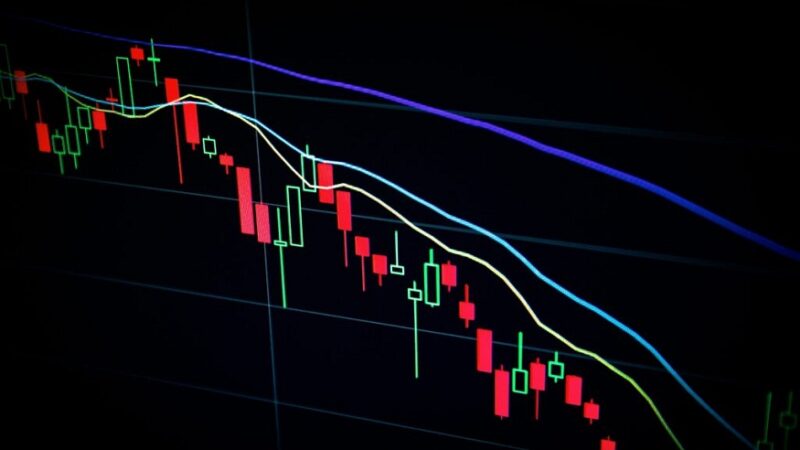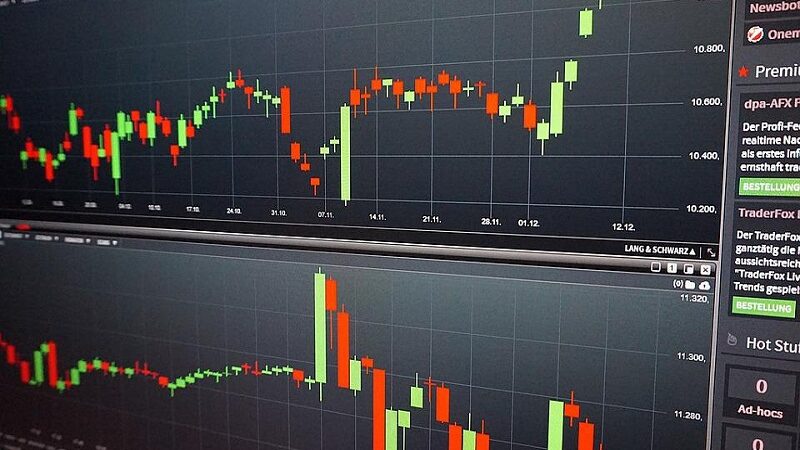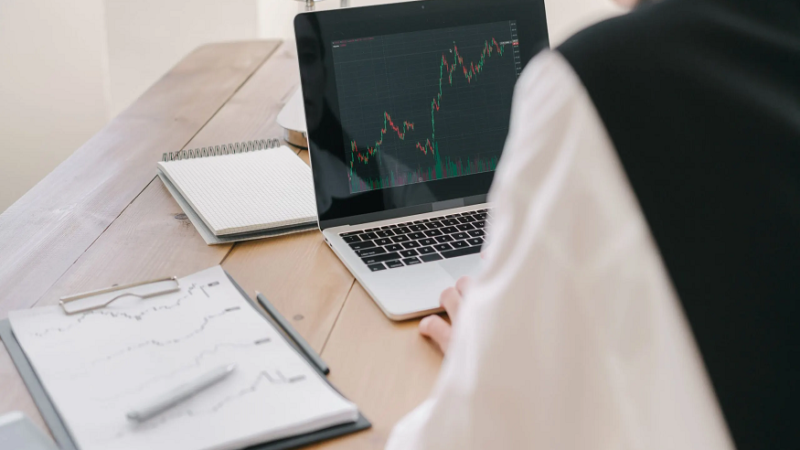How Emotions Hijack Trading Decisions

Trading is often seen as a numbers game, but emotions play a surprisingly large role in decision-making. Fear, greed, and overconfidence can cloud judgment and lead to costly mistakes. For those involved in online CFD trading, where the stakes are heightened by leverage and fast-moving markets, managing emotions is essential to achieving consistent results.
The Role of Emotions in Trading
Emotions are natural, but they can become obstacles when trading. Market movements can trigger emotional reactions that lead traders away from their strategies. For example, a sudden drop in prices might spark fear, causing a trader to exit a position prematurely. On the other hand, a rapid rise might trigger greed, leading to excessive risk-taking.
In CFD trading, where small price changes can have outsized effects due to leverage, emotional decisions often amplify losses. Understanding how emotions influence behavior is the first step toward managing them.
Fear and the Urge to Avoid Losses
Fear is one of the most common emotions in trading. It often arises after experiencing a loss or facing uncertain market conditions. Fearful traders might hesitate to take opportunities, even when the odds are in their favor, or they might close positions too early to avoid further losses.
For instance, imagine a trader holding a CFD position on a stock. A sudden dip in price might trigger panic, leading them to sell at a loss, only to see the market rebound shortly after. This reaction, driven by fear, ignores the broader market context and often results in missed profits.
Greed and the Pursuit of Bigger Gains
While fear pushes traders to act cautiously, greed drives the opposite behavior—taking excessive risks in pursuit of larger profits. Greedy traders often abandon their strategies, chasing high returns without considering the risks.
In online CFD trading, greed can lead to overleveraging, where traders take on larger positions than their account can safely handle. For example, a trader might double down on a winning position, expecting the trend to continue indefinitely. However, markets are unpredictable, and a sudden reversal can wipe out gains and more.
Overconfidence and the Illusion of Control
Winning streaks can lead to overconfidence, making traders believe they have complete control over market outcomes. Overconfident traders often disregard their strategies and take unnecessary risks, assuming their success will continue.
For example, a trader might abandon risk management practices after a series of profitable trades, only to face significant losses when the market turns. In CFD trading, where volatility is common, this overconfidence can be particularly damaging.
How Emotions Lead to Overtrading
Overtrading is another common consequence of emotional decision-making. Fear of missing out (FOMO) or the urge to recover losses can drive traders to open multiple positions without proper analysis. This behavior increases transaction costs and exposes traders to unnecessary risks.
In CFD trading, where frequent trades can quickly add up in terms of fees and spreads, overtrading often leads to diminished profits or even losses. Emotional trading clouds judgment, making it difficult to distinguish between high-quality opportunities and noise.
Strategies to Manage Emotions
Managing emotions requires discipline and a clear trading plan. One effective strategy is setting predefined rules for entering and exiting trades. For example, a trader might decide to close a position if it reaches a certain level of profit or loss, regardless of emotional impulses.
Risk management is also key. By limiting position sizes and using stop-loss orders, traders can reduce the impact of emotional decisions. In online CFD trading, this ensures that even if emotions take over momentarily, losses are contained.
Mindfulness techniques, such as deep breathing or meditation, can help traders stay calm during volatile market conditions. Taking regular breaks and reflecting on trades in a journal can also provide perspective, reducing the influence of emotions over time.






